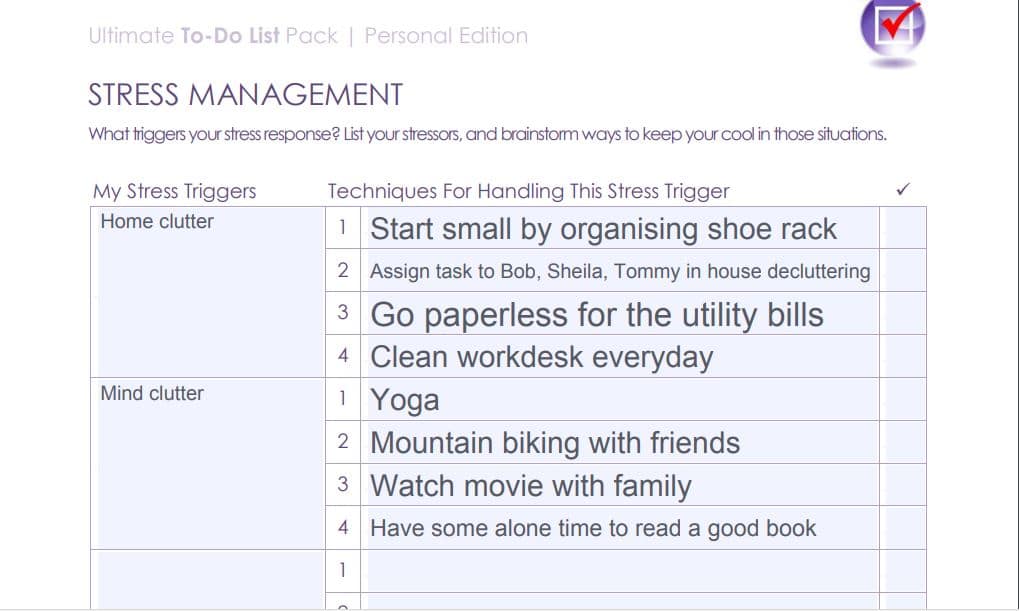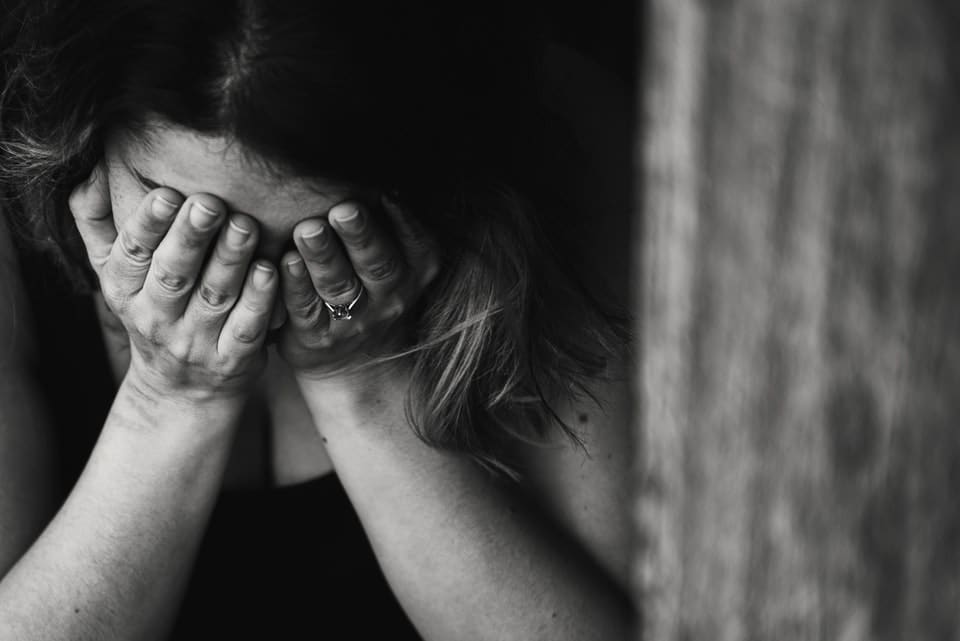Do you become frustrated and anxiety kicks in whenever you come home from work? You arrive home with toys all over, unwashed dishes, unfolded newspapers and magazines not placed in the rack, dirty clothes lying everywhere. Basically, your house is a mess as if a tornado has wreaked on havoc everything inside your house.
Anxiety and depression may be linked to clutter, according to science. It’s an unpleasant circle, anxiety and depression can lead to clutter and clutter can lead to more anxiety and depression.
Clutter can contribute to how a person feels about their homes, workplaces and about themselves. Messy homes and workplaces will leave a person anxious, overwhelmed and helpless. But clutter is rarely recognised as a significant source of stress in a person’s life according to Sherrie Bourg Carter Psy. D. in her article in Psychology Today.
House Logic shared a study from the researchers from UCLA’s Center on Everyday Lives and Families (CELF) which studied the relationship between 32 California families and the objects kept in their home. The research found that clutter has a big impact on a person’s mood and self-esteem. The researchers also found:
- A link between higher levels of the stress hormone called cortisol in females and clutter. The more clutter there is, the more stressed women are. Men, on the other hand, don’t seem to be affected by clutter.
- Women link a clean and orderly home to a happy and successful family. Whenever there’s a build-up of clutter, women get more anxious about it and eventually results in stress.
- There are families that can be too attached when sorting and disposing of objects.
- The United States buys 40% of the world’s toys, thus adding to the clutter in many American households.
What Are The Other Effects of Clutter in a Person’s Life
Anxiety and depression are just two of the end results of clutter. There are other effects of clutter that a person can experience if clutter isn’t tidied up or put in order.
Clutter Affects Your Work Life
It’s really hard to work if your desk, your office or your house is full of clutter. The human brain is hardwired for order, thus working at a desk or a room full of clutter can distract you from starting or finishing a task. It can also lower a person’s creativeness and lower productivity.
Clutter Affects The Sleep Cycle
People can experience sleep disruption because of a cluttered room. A person cannot relax if everything around them is clutter. Lack of sleep can result in stress or depression. It will also have an effect on the overall health of a person because the immune system will become weak and the body will be prone to illness. Dust, mould, rat dropping and cockroaches can also increase the chances of asthma and allergies.
Declutter to Prevent Stress, Anxiety and Depression
Decluttering may be hard at first because you may not know where to start or it may be hard to let go of some items. Start with some small items and then once you’re in the zone, you can tackle the big ones and everything will be easy as pie. Below are some tips on how you can start decluttering your office, garage or home.
Take Action: Declutter your whole house by doing these:
– Ask your family to help you de-clutter. Decluttering will be fast if the task is divided to each member.
– Start in the room that annoys you the most (don’t move on to another room before finishing)
Take action: Throw out, recycle or donate all the things that you don’t need, broken, want or use anymore.
– If you have something that you rarely use, store it in a box together with similar items that you have.
– If you no longer use something throw, recycle or donate it.
Take Action: Organize all your paperwork
– Utility bills, take home office work, magazines and newspapers should be separate. Go paperless on your utility bills if you can.
– Recycle old newspapers and magazines. Go through all your papers and toss out everything that you don’t need.
Take Action: Declutter your workspace
– Clean your workspace every time you finish work for the day. it’s always refreshing and encouraging to start working with a clean workspace.
Step-by-step Guide To Creating and Using The Stress Managment To-do List
You can also have a to-do list to help you de-clutter and organize things in your home and office. You can use the free and interactive personal Stress Management to-do list (02.20). You can list down your stress or anxiety triggers and the ways you can handle those stress triggers.
Step 1: Download the Stress Managment PDF
The Stress management (02.20) is one of our free interactive productivity lists.
Click here to download the Stress Management PDF
Step 2: Choose How You Use The Stress Management
You can use the to-do list in two ways:
- Click on the Stress Management (02.20) in the PDF list and print it out.
- Click on Stress Management PDF and type your tasks in the interactive list. Each day is divided into 6 blocks where you type or write on each number. Save the PDF once you’re done.
Step 3: Fill In the List
Write or type in the stress triggers and the techniques you use to manage and handle your stress triggers.
Visual Samples of The Stress Management To-do List
Below is a screenshot example of the interactive Stress Management list

All of our downloadable to-do lists are beautifully laid out and fully interactive – type directly into the lists, search, save & print. Or simply print and write if you prefer.
All products work with the free Adobe PDF Reader
Click on the banner below to get started.
Further Reading
Clutter Control: Is Too Much ‘Stuff’ Draining You?
How to Use Our Weekly To-Do List To Achieve Your Goals
Use Our Weekly Schedule To Improve Your Productivity
5 Decluttering Mistakes You Are Probably Making In Your Home



Pingback: How and The place Do I Begin to Get Organized? – Hercolav
Pingback: Work, Home, Self: Surmounting 3 Ongoing Coronavirus Challenges | Best Morning Routine, Ever! Habit Rewiring Psychologist
Pingback: 2021 Resolutions for Southwest Florida Homeowners
Some captivating and very much educated information on cameras. I’ll put an association with this website page on my blog. Thankful to you!
Pingback: Making the Most of Canceled Plans - Simply Vicki